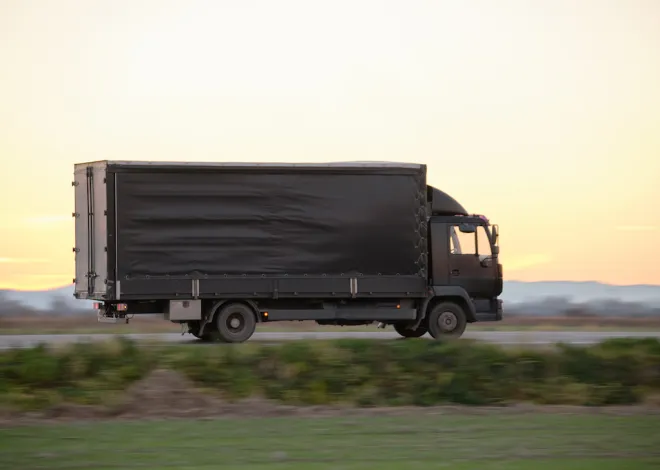
In the fast-paced world of global commerce, logistics and last-mile delivery have emerged as critical components of supply chain management. However, they come with their own unique challenges. In this article, we will explore the complexities and obstacles faced in logistics and last-mile delivery and discuss innovative solutions to address these challenges.
1. Urban Congestion: As more people move to cities, urban congestion poses a significant challenge to last-mile delivery. Traffic congestion not only delays deliveries but also increases operational costs.
2. Environmental Concerns: Environmental sustainability is a growing concern. The carbon footprint of last-mile delivery vehicles and the impact of logistics operations on air quality and congestion are pressing issues.
3. Customer Expectations: Customers today expect faster and more flexible delivery options. Meeting these expectations while maintaining efficiency and cost-effectiveness is a delicate balance.
4. Parcel Theft and Security: Last-mile delivery often involves leaving parcels unattended, making them vulnerable to theft. Ensuring the security of delivered goods is a challenge for logistics companies.
5. Labor Shortages: Recruiting and retaining skilled delivery personnel is a challenge, especially during peak demand periods. Labor shortages can lead to delays and service disruptions.
6. Data Management: Managing vast amounts of data related to shipments, routes, and customer preferences requires advanced technology and robust data analytics capabilities.
7. Infrastructure Limitations: In some regions, inadequate road infrastructure and limited access to remote areas can impede timely deliveries.
8. Inventory Management: Optimizing inventory management to ensure that products are available for immediate delivery while avoiding overstocking is a complex task.
9. Returns and Reverse Logistics: Handling returns efficiently and managing the reverse logistics process can be resource-intensive and challenging to streamline.
10. Technology Adoption: Keeping up with the latest technological advancements, such as route optimization algorithms, GPS tracking, and automation, is essential for staying competitive in the logistics industry.
Innovative Solutions: Addressing these challenges requires innovative solutions, including:
Logistics and last-mile delivery challenges are complex and evolving, but they present opportunities for innovation and efficiency improvements. Companies that embrace technology, sustainability, and collaboration can overcome these obstacles and continue to meet the ever-growing demands of modern consumers while ensuring the smooth flow of goods in the global supply chain.
Thank you for connecting with us. We are happy to hear from you. We’ll be in touch soon to schedule a time to understand your goals and present how the Symphony Logistics solutions optimises the business for every enterprise.